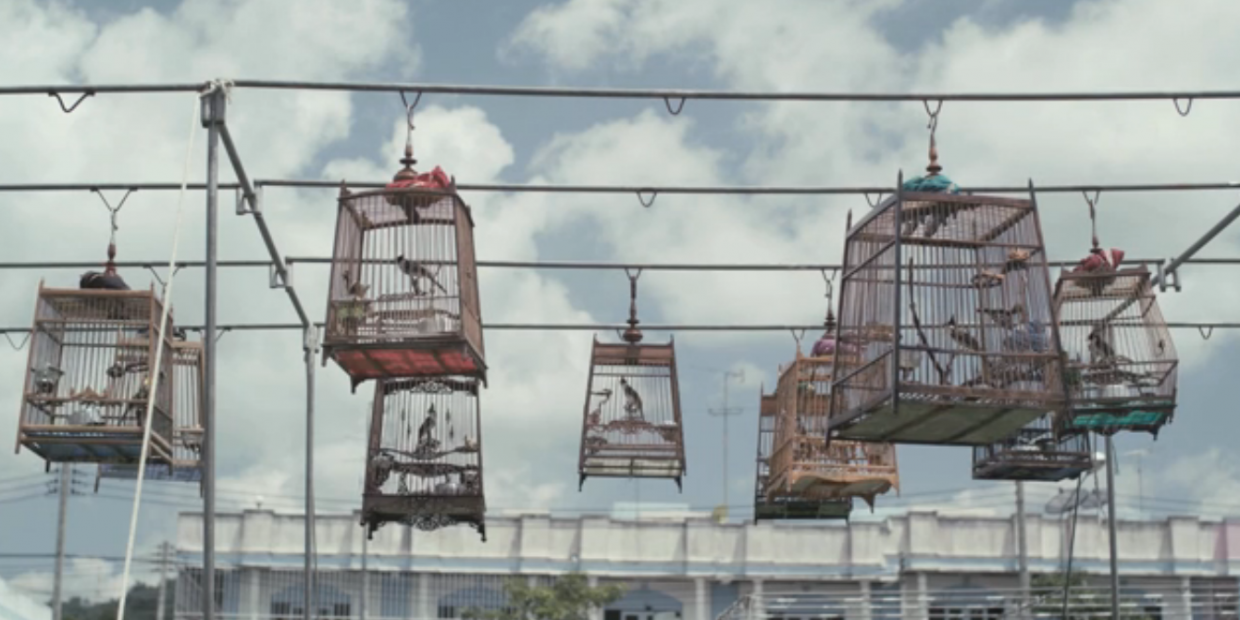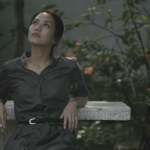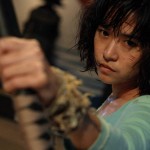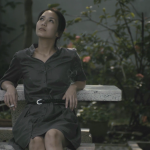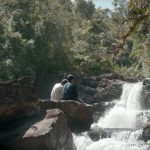Thai director Tongpong Chantarangkul’s I Carried You Home is a meditative gem of a feature debut that observes the complex emotional repercussions of a woman’s death on her two daughters with tender subtlety and powerful honesty. Chronicling the journey of sisters Pinn (Akhamsiri Suwanasuk) and Pann (Apinya Sakuljaroensuk) as they accompany their deceased mother from Bangkok back to her home town for the funeral, Chantarangkul’s drama delicately lays out the unresolved conflicts and feelings of guilt that the two leads quietly process during their long ambulance ride.
Speaking to FilmDoo, the director discusses the inspiration and processes behind this poignant and distinct work.
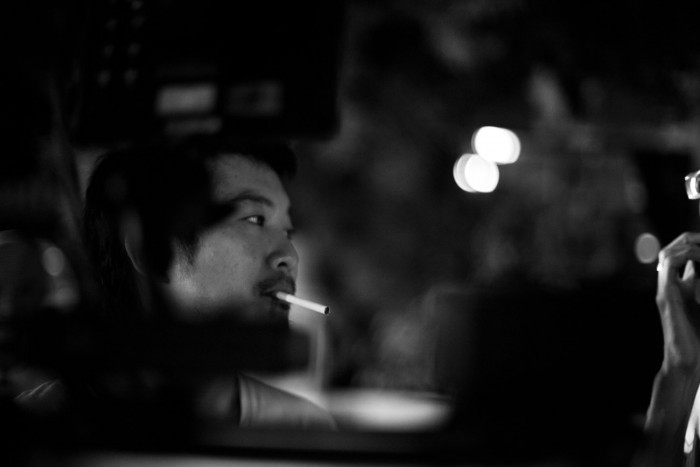
What inspired you to tell this story?
The story came from one of my close friends. Couple of weeks after the funeral of his mother, he told me what happened the night he lost his mother in a very funny way. I understand that he was trying to make this event into one that wasn’t very sad. Then we continued to talk about the other things that happen after you lose someone very important to you. I found that when you lose someone or someone passes away, the effect is not on the person that died but on everyone that came to the person, and the people that are left behind. All these problems and issues are brought up, or the loss will provoke a kind of review of the secrets that are hidden. Then I decided to do a film based on my friend’s story.
Much of the film takes place in a confined space with two uncommunicative people. How did you try to keep things visually interesting in these parts?
That was the hard part. The camera angles for shooting in the van were very limited. Before we started to shoot the film, my DOP and I were thinking that, if we go a conventional way, the film will not be interesting. So we had a test shoot day with the actual van running through the streets of BKK (in the end, we used those BKK shots in the film). Then we figured that we had to incorporate the characters with their reflections, shooting through the windows around the van and also the background outside the van, and then look at everything as a whole. That’s what brought up the whole visual concept of the film.
The film often shows its characters through mirrors and other reflective surfaces. What does this use of reflections communicate to you about the characters?
That’s related to the last answer with the visual concept of the film. The way we shot was not just the characters’ reflections but the characters with their reflections. To me, it gave the film another layer of meaning and I thought that it might work for an audience too. So I gave it a go. It was very funny when we went location scouting. Most of the places, we ended up standing in front of random reflective surfaces, and you know, most of the time it gave you a very funny reflection.
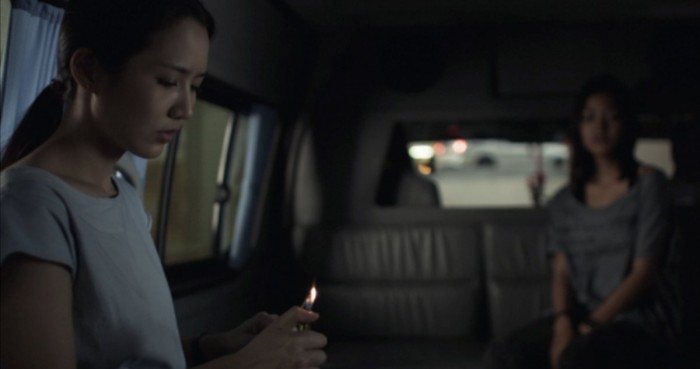
The film contains many moments of traditionalism and spirituality. Do such things still hold a consistent presence in modern Thailand, or do people only turn to them in exceptional moments, like after a death?
Yeah, definitely, we still doing those things consistently. Thai people in many ways are very superstitious and there are a lot of things that the older generation would like to keep the same way. There are a lot traditions which we partake in these days that we don’t even know the meaning of. Thailand is that kind of society.
Were there any difficulties to filming on the road in so many locations?
It was hard but fun. As I said, we had to consider the background for the shot too, so those locations we shot were carefully picked. Let’s say, for most of the shots, the background has to be from this point A to point B. So when we shot, it involved a lot of u-turns, driving back and forth between takes. I spent quite a time on the van floor under the camera. It was a great experience for me to be able to use that many locations. A lot of people said I was so lucky that the producer let me shoot that far away from BKK. Usually another producer wouldn’t allow the director to do a road trip movie that far. It’s a 998 km journey, in case people ask. Which, for filming, is very very very far.
What have you been working on since making this film?
I’ve been doing many things. Let’s talk about my personal project. I finished the script for my second feature, now it is in the financing part. So let my producers do their magic work. Also, I’ve started to write my third feature. And just last month I got a commission to write and direct a thriller-suspense TV series, it’s due to shoot in the beginning of the next year.

